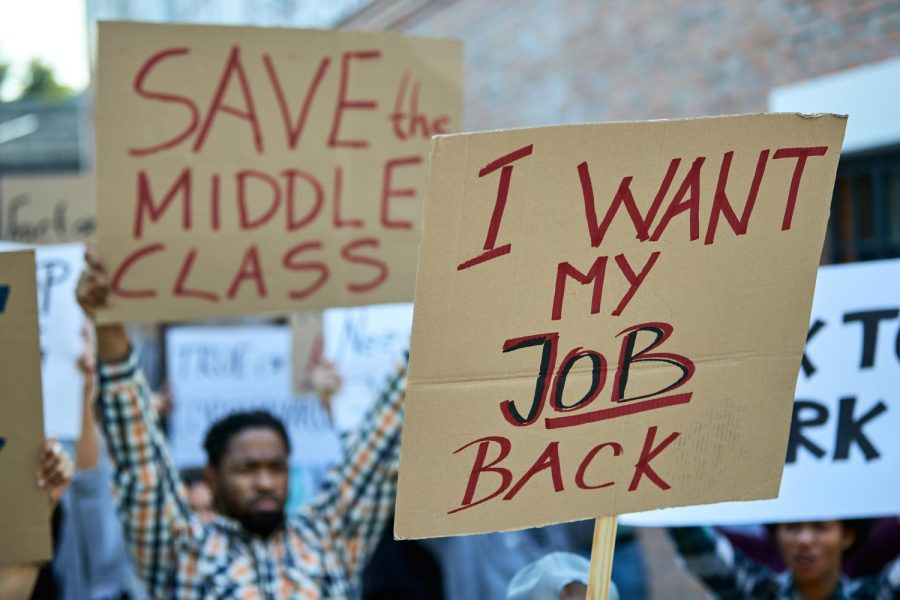BY JULIA TARINELLI
Spring is a “fun” time for us high school upperclassmen. Everyone is busy cramming college tours into a week of April break, or hauling themselves out of school to accepted student days around the country. When not doing schoolwork or extracurriculars, we are pouring over millions of tabs worth of online research, sorting through which schools to apply to or attend. Anyone attempting such a task is up for a challenge, as there are 50 colleges in Boston alone, let alone the rest of New England or the country.
In our hunt for the perfect place, we have all come across lists ranking colleges based on any number of factors. From overall academic quality all the way to food quality, it seems like anything that you could ever encounter on a college campus has been broken down and quantified for easy comparison. But, can a definitive order of nicest dorms or best professors really be made?
Lots of people are saying no. The popular US News rankings has reputation tied for it most weighted factor at 22.5%. However, the fairly nebulous factor of reputation is gathered from peer colleges, who don’t necessarily have much of an idea of the workings of other schools. In fact, their opinions are influenced by the very rankings they are creating, causing a feedback loop where “top” schools keep their top placement, regardless of what is actually happening on the campus.
Even hard numbers like graduation rate or spending aren’t necessarily complete indicators of quality. Lots of colleges put time and resources into things like becoming more selective or shuffling their budgets around in order to raise their rank, rather than other things that would contribute to its educational quality.
For example, having many professors doing research raises a school’s ranking, which is great for people who want to do research and graduate students. Yet, as they are so busy with their work, they often have their time and energy diverted away from well, actually teaching, which is not so great for undergrads.
And so, yet another thing that rankings can’t measure is fit. Everyone wants something different out of college, so it is up to each person to decide what is important to them and what isn’t. Unless your only goal is to attend the most prestigious institution with the highest reputation, rankings won’t serve you very well.
For instance, the highly selective Ivy League is a far away dream for most high schoolers. But, the intense competition that students endured to be admitted only continues once they are enrolled. Rather than focusing on finding their own future, they are anxious about how they shape up to traditional ideas about success. Maybe some people thrive in such a environment, but it’s certainly not for everyone.
Lastly, probably one of the biggest factors that anyone should look at over rank is cost. The amount of debt that US college graduates have accumulated has risen to crisis levels. It has even been found to have a tangible impact on happiness. Even so, students feel pressure to accept the most prestigious offer, in hopes that a degree with a good name attached to it will eventually pay itself off.
However, the “best” college is often also the most expensive. And, the hopes that a high investment will pay off aren’t necessarily correct, unless you’re going into business. But, for science and engineering majors the school attended has almost no impact on salary post graduation. A state school will do you just as well as a prestigious private university.
So, for the current high juniors preparing to start applying to college in the fall, take the extra effort to look beyond the lists and numbers to find somewhere that’s the best for you, not just the place that will make you look the best. It could save you both misery and money.






